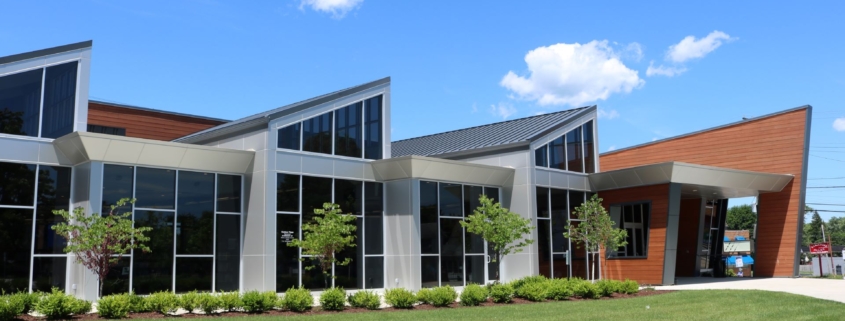In the fast-paced world of construction, efficiency is key to success. Tight schedules, budget constraints, and evolving project requirements demand a streamlined approach to project management and execution. This is where lean construction principles come into play, offering a systematic methodology for optimizing efficiency, reducing waste, and delivering value to clients. In this blog post, we’ll delve into the concept of lean construction, explore its core principles, and discuss how it can be applied to maximize efficiency in construction projects.
Understanding Lean Construction
Originating from the manufacturing industry, lean principles were first introduced by Toyota in the 1950s as a means of improving production efficiency and reducing waste. Over time, these principles have been adapted and applied to various industries, including construction, where they have proven to be highly effective in enhancing project delivery.
At its core, lean construction is centered around the concept of eliminating waste and maximizing value at every stage of the construction process. By fostering collaboration, continuous improvement, and a focus on customer needs, lean construction aims to create a more efficient and streamlined workflow that ultimately benefits all stakeholders involved.
Core Principles of Lean Construction
- Identifying and Eliminating Waste: Lean construction emphasizes the identification and elimination of waste in all its forms, including excess materials, unnecessary processes, and inefficient workflows. By minimizing waste, resources can be allocated more effectively, and project delivery can be accelerated.
- Value Stream Mapping: Value stream mapping is a key tool used in lean construction to analyze and optimize the flow of work from start to finish. By mapping out the entire construction process and identifying areas of inefficiency, project teams can identify opportunities for improvement and implement targeted solutions to streamline operations.
- Just-In-Time Delivery: Just-in-time delivery involves supplying materials and resources to the construction site precisely when they are needed, thereby minimizing inventory and reducing storage costs. This principle helps prevent overproduction, minimize transportation waste, and improve overall project efficiency.
- Continuous Improvement: Continuous improvement lies at the heart of lean construction, with a focus on ongoing refinement and optimization of processes and workflows. By fostering a culture of learning and innovation, project teams can identify new opportunities for efficiency gains and implement incremental changes to drive continuous improvement.
- Respect for People: Lean construction places a strong emphasis on respecting the expertise and contributions of all individuals involved in the construction process, from architects and engineers to contractors and subcontractors. By fostering a culture of mutual respect and collaboration, lean construction enables teams to work together more effectively towards common goals.
Applying Lean Construction Principles in Practice
Implementing lean construction principles requires a concerted effort from all stakeholders involved in a construction project. Key strategies for applying lean principles in practice include:
- Establishing clear project goals and objectives
- Empowering project teams to identify and eliminate waste
- Promoting open communication and collaboration among all stakeholders
- Investing in training and development to build lean construction expertise
- Regularly monitoring and evaluating project performance to identify areas for improvement
By embracing lean construction principles and integrating them into project management and execution processes, construction firms can maximize efficiency, reduce costs, and deliver greater value to clients. In an increasingly competitive industry, lean construction offers a proven methodology for achieving success in today’s construction projects.
In conclusion, lean construction principles offer a systematic approach to maximizing efficiency and minimizing waste in construction projects. By embracing lean principles and fostering a culture of continuous improvement, construction firms can optimize project delivery processes, enhance productivity, and ultimately achieve greater success in today’s dynamic construction industry.

